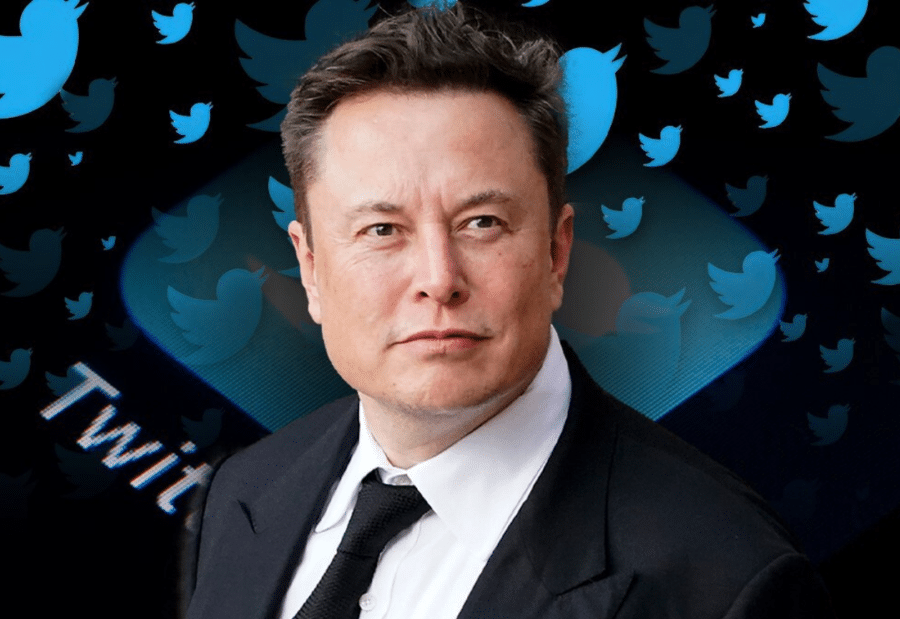Billionaire tech entrepreneur Peter Thiel has made headlines recently after admitting that he has paid to have his body cryogenically frozen after his death, with the hope of being revived in the future. Thiel’s decision to undergo the process, despite his own skepticism about its efficacy, has once again brought cryonics to the forefront of public discourse.
The co-founder of PayPal and early investor in Facebook, Thiel has long been interested in anti-aging and life extension technologies, and has invested heavily in companies working on these fronts. Thiel’s decision to undergo cryonics is seen as an extension of this interest, as he hopes that future medical technologies will be able to revive and repair his body.
Thiel arranged for his cryonic preservation to take place at the Alcor Life Extension Institute, a company based in Arizona that specializes in cryopreservation services. The cost of a full body freeze at Alcor is estimated to be around $200,000, while a head-only freeze costs around $80,000.
Despite his own doubts about the efficacy of cryonics, Thiel’s decision to undergo the process serves as a testament to the growing interest in anti-aging and life extension technologies. The scientific feasibility of cryonics remains up for debate, with many experts questioning its potential for success. However, proponents of the technology argue that it provides a chance for individuals to extend their lives beyond the limitations of current medical technology.
Thiel’s decision to undergo cryonics is not without controversy, with some critics arguing that the vast sums of money involved in the process could be better spent on more pressing societal issues. Nevertheless, Thiel’s decision is likely to continue to generate discussion and debate surrounding the possibilities and limitations of cryonics and radical life extension technologies.
In conclusion, Peter Thiel’s decision to undergo cryonics and have his body cryogenically frozen after his death has once again brought the topic of life extension and anti-aging technologies to the forefront of public discourse. While the scientific feasibility of cryonics remains up for debate, Thiel’s decision serves as a testament to the growing interest in radical life extension and the possibility of extending human lifespan beyond the limitations of current medical technology.








